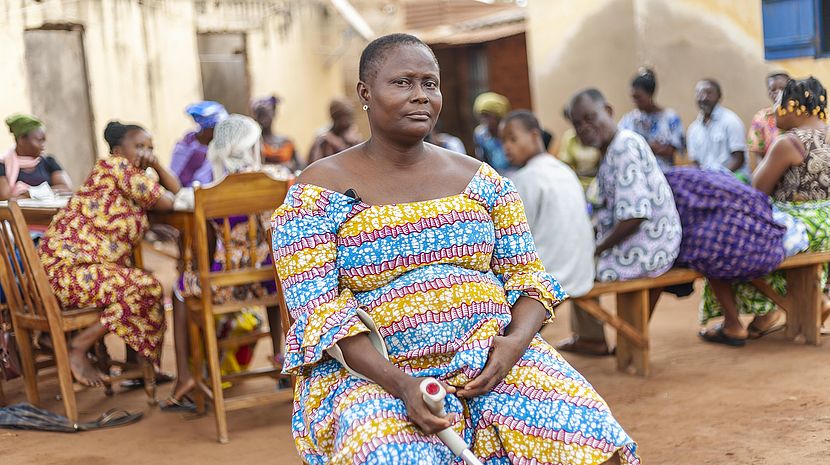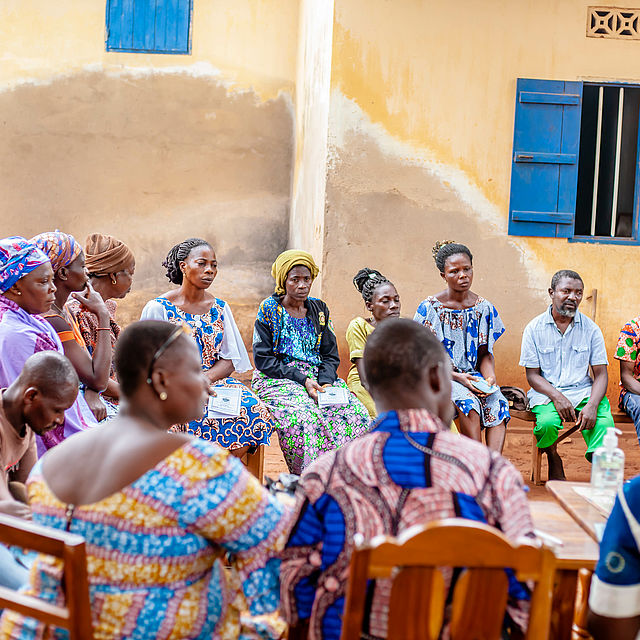The Lost Link:
CBM Launches New Report on Localising the UN CRPD

This new CBM report explores how the UN CRPD can be implemented and enforced at the local level and provides concrete recommendations for change.
The ratification of the UN Convention on the Rights of Persons with Disabilities (CRPD) in 2008 was an important shift in response to the host of barriers faced by persons with disabilities around the world.
However, this is just a start. To ensure that the CRPD is genuinely transformative in the lives of persons with disabilities, it needs to be implemented and enforced at the most local level, responding to the varying needs and contexts of persons with disabilities in their homes and communities.
An important new study led by CBM with support from BMZ, launched on 2 May at the Conference on Social and Environmental Justice in New York, explores how this might happen and provides concrete recommendations for change. The study includes:
- Research into the extent to which the CRPD is already being localised, with an emphasis on countries in the Global South.
- An exploration of the barriers preventing localisation, including a lack of understanding about how to translate the CRPD into concrete practice and benefits on the ground.
- Specific recommendations for global policy makers and monitoring bodies, national and local governments, organisations of persons with disabilities and civil society stakeholders.
The report is part of a wider project, financed by GIZ and conducted by CBM and IDA on behalf of a wider group of global agencies, to contribute to the development of a second World Report on Disability.
